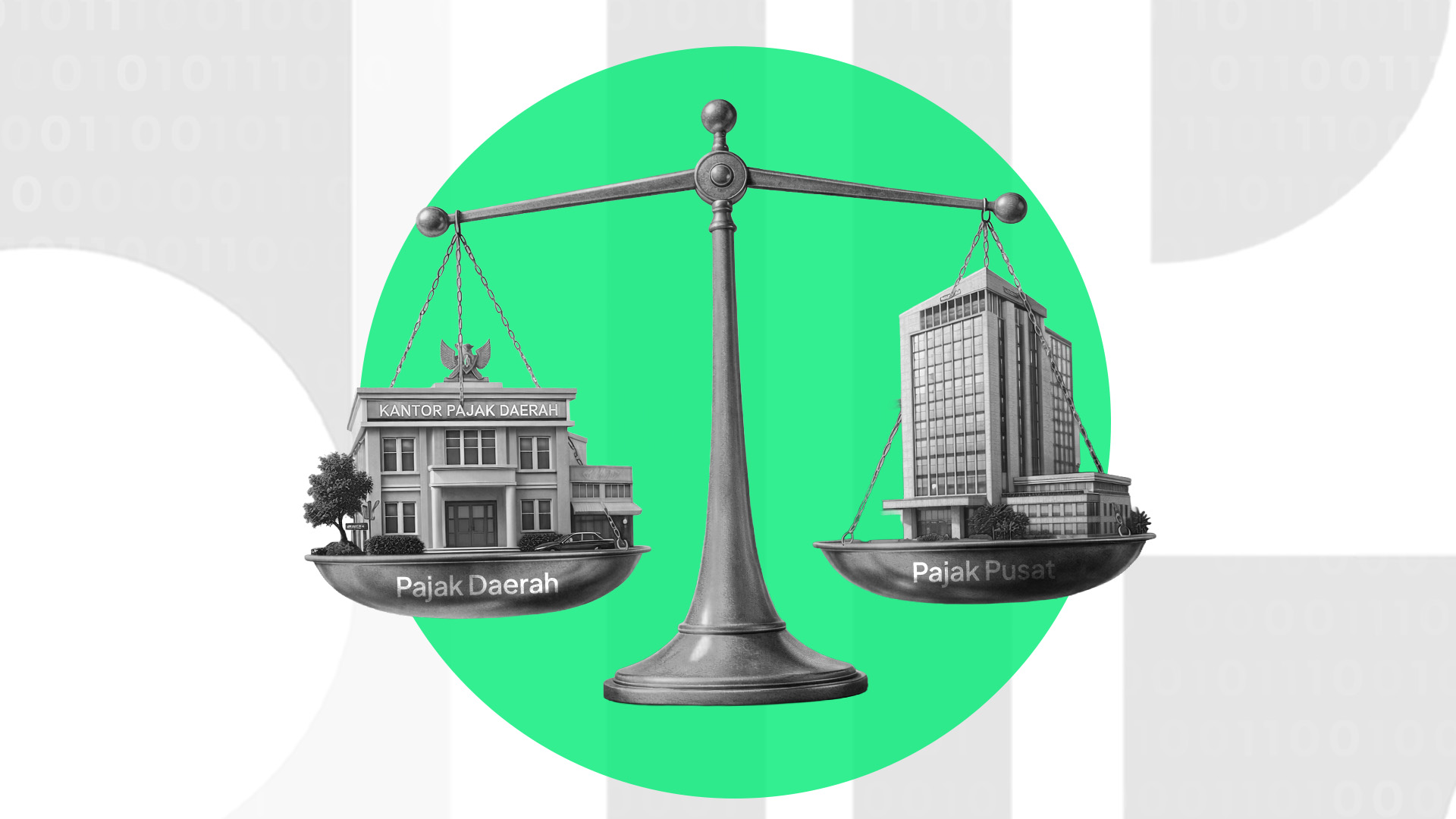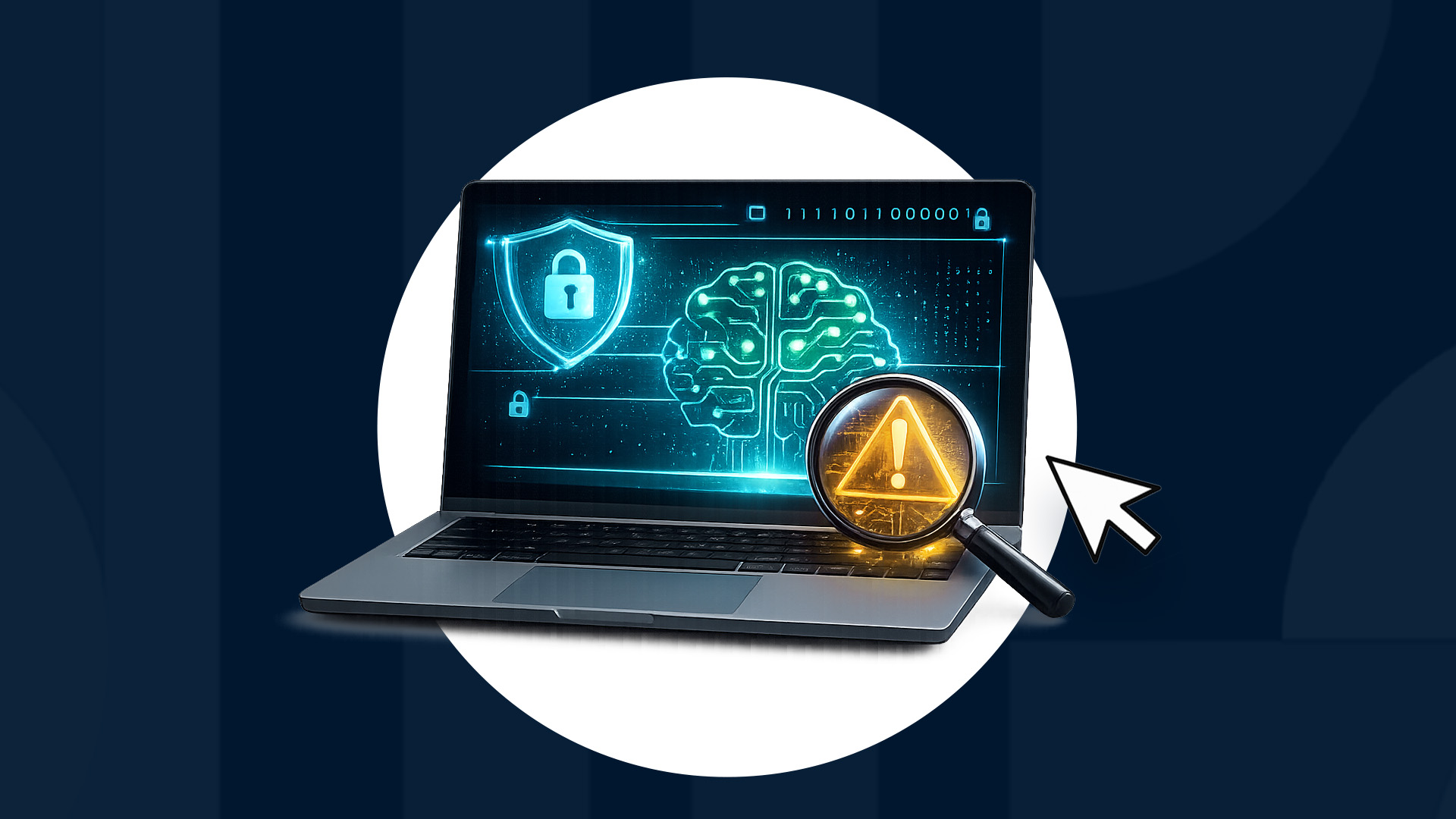Digital Signature Legality
1. Article 11 of Law Number 11 of 2008 concerning Information and Electronic Transactions, or UU ITE
A Digital Signature is a signature consisting of electronic information that is attached to, associated with, or related to other electronic information, which is used as a means of verification and authentication.
Digital signatures have the same legality as ‘wet’ signatures. This is confirmed in Article 11 which reads, "This Law provides a clear acknowledgment that although it is only a code, digital signatures have the same position as manual signatures in general which have legal force and legal consequences".
2. Article 59 paragraph (3) Government Regulation no. 71 of 2019 concerning the Implementation of Electronic Systems and Transactions
Digital signatures have legal force and legal consequences as long as they meet a number of requirements, namely:
-
The digital-signature data is unique to the relevant signatory;
-
The digital signature data at the time of the digital signing process is controlled solely by the signatory;
-
Any changes to the digital signature that occur after the signing time are known;
-
Any changes to the electronic information related to the digital signature after the time of signing can be known;
-
There are certain methods used to identify who the signatory is, and
-
There are certain ways to show that the signatory has consented to the associated electronic information.
3. Article 60 Government Regulation No. 71 of 2019 concerning the Implementation of Electronic Systems and Transactions
Digital signatures are divided into two types: uncertified digital signatures and certified digital signatures. In addition to meeting the requirements as stated in Article 59 paragraph (3) in point 2A, a certified digital signature must use an electronic certificate made by the Indonesian Electronic Certification Provider (PSrE) service.
4. Government Regulation No. 80 of 2019 concerning Trading Through Electronic Systems
Article 1 of this regulation describes Electronic Systems and Electronic Contracts for trade as related to digital signatures as set out in Article 11 of Law Number 11 of 2008 concerning Information and Electronic Transactions, or the ITE Law.
-
An Electronic System is a series of electronic devices and procedures that prepare, collect, process, analyze, store, display, announce, transmit, and/or disseminate electronic information.
-
An Electronic Contract is an agreement between parties made through the Electronic System.
Electronically Signable Documents
Indonesia does not impose special restrictions on most documents that can be signed using digital signatures. Indonesian law does not require certain documents or transactions to use certified digital signatures.
Even so, companies that have adopted digital systems as part of their business growth are already using digital signatures to validate important company documents to save costs, are more flexible because they can be accessed anywhere without having to meet, and are practical. Digital signatures are usually limited to agreements or work contracts, but they can be used for any form of electronic document.
VIDA as a Certificate Authority (CA)
As a Certificate Authority (CA) under the Indonesian Ministry of Communication and Informatics, VIDA participates in securing user data, including digital signature services. VIDA's products are also certified by WebTrust, Adobe Approved Trust List, ISO 27001, and TSP Cloud Signature Consortium, enhancing digital trust for the public to use digital signatures.
VIDA implements global security standards, such as public key infrastructure, network security, and biometric authentication, supported by top global AI biometric verification with liveness detection, offering an instant, smooth, and secure user experience. Thus, user identities in digital services are guaranteed, minimizing fraud and protecting user identities.
Click here for a fast, secure, legally binding digital signature experience.
.
Read: Projected Growth of Digital Signatures over the Next Five Years

.png)

.jpeg)
